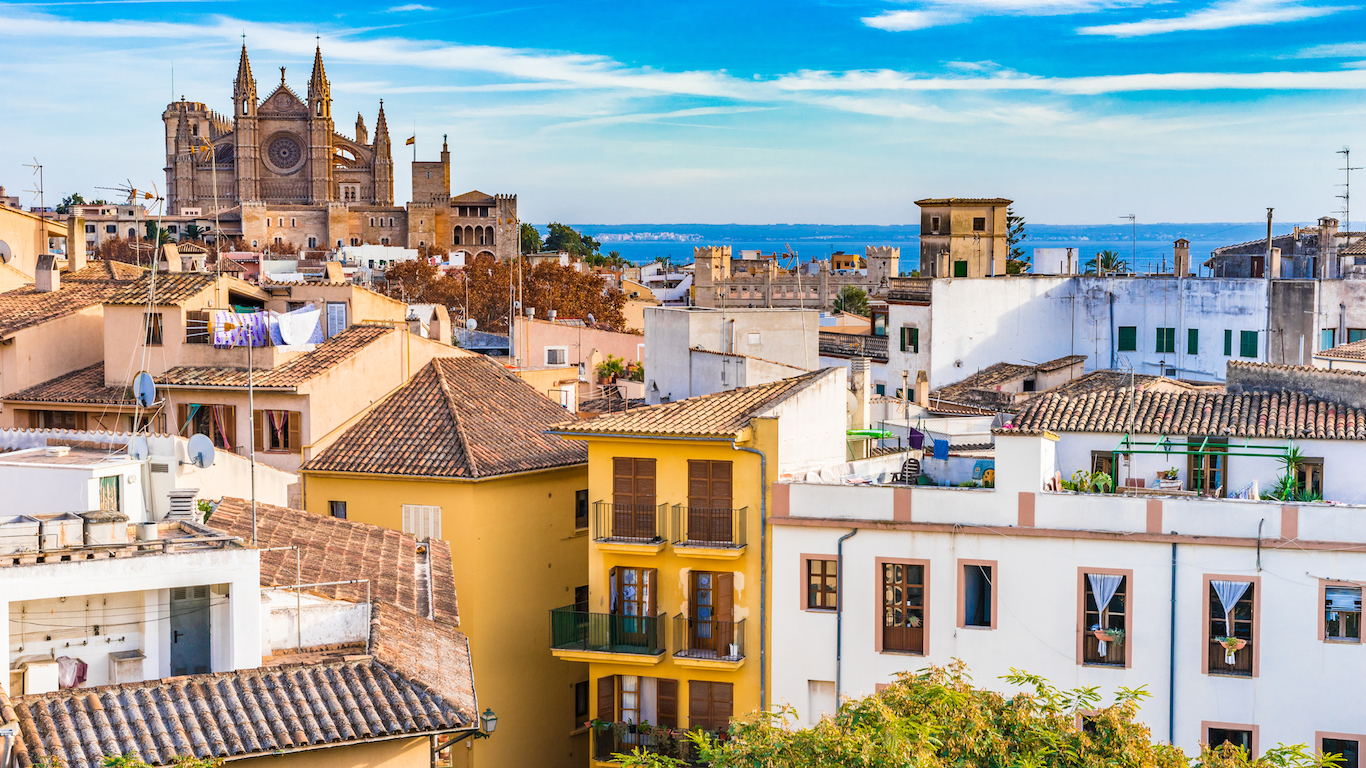Economy
OECD Says World Economy Is on a Tightrope, Massive Numbers of Jobs at Stake

Published:

The Organisation for Economic Co-operation and Development has released its Economic Outlook, June 2020 report. The conclusions could hardly be uglier. Its description of the current world economy is that it is in the worst position in nearly a century. That comment obviously means a look back at the Great Depression. Some G7 economies, it says, could have declines of over 10% in gross domestic product this year, which would have been unimaginable just months ago.
The organization paints two possible triggers of how bad economies could be this year. The first is that COVID-19 ravages the world again before the end of the year and locks down most of it in late 2020. The other is if a second wave does not happen. Either forecast is little more than a guess, which makes the forecast assumptions variable to the point of uselessness.
The drop in OECD countries as a whole will range from 9.3%, if the disease returns, to as little as 7.5%, if it does not. Even the second case would be terrible and would put tens of millions of people out of work.
The primary economic victims of the spread of the disease are, if it returns, those nearly destroyed financially in the Great Recession. Spain’s GDP may fall as much as 14.4%. The effects in France (down 14.2%) and Italy (14.1%) are almost as troubling.
At the other end of the spectrum, if the disease returns, is South Korea with a decline that could be only 2.5%. That means it mostly avoids the effects of the pandemic, as was true earlier this year.
Among the world’s largest economies, Japan’s GDP may fall as much as 7.3%. U.S. GDP could drop as much as 8.7%. Germany’s could be down by 8.8%.
Among non-OECD nations, China will fare the best, down 3.7% in the worst-case scenario. Its government is used to GDP increases of 7% per year.
What can nations do to avoid the worst of it? Public spending is one thing. Central banks flood economies with capital. That means they will take on an unprecedented amount of debt. In addition, nations should improve their health care systems, which cannot be done effectively in just a matter of months. More likely, nations can improve tracing of the disease and distancing. Finally, the world’s scientists need to find a vaccine. The timing of that is also only a guess.
If the OECD forecast is correct, the world will be plunged into an economic abyss from which it may take years to recover.
Thank you for reading! Have some feedback for us?
Contact the 24/7 Wall St. editorial team.